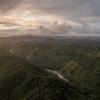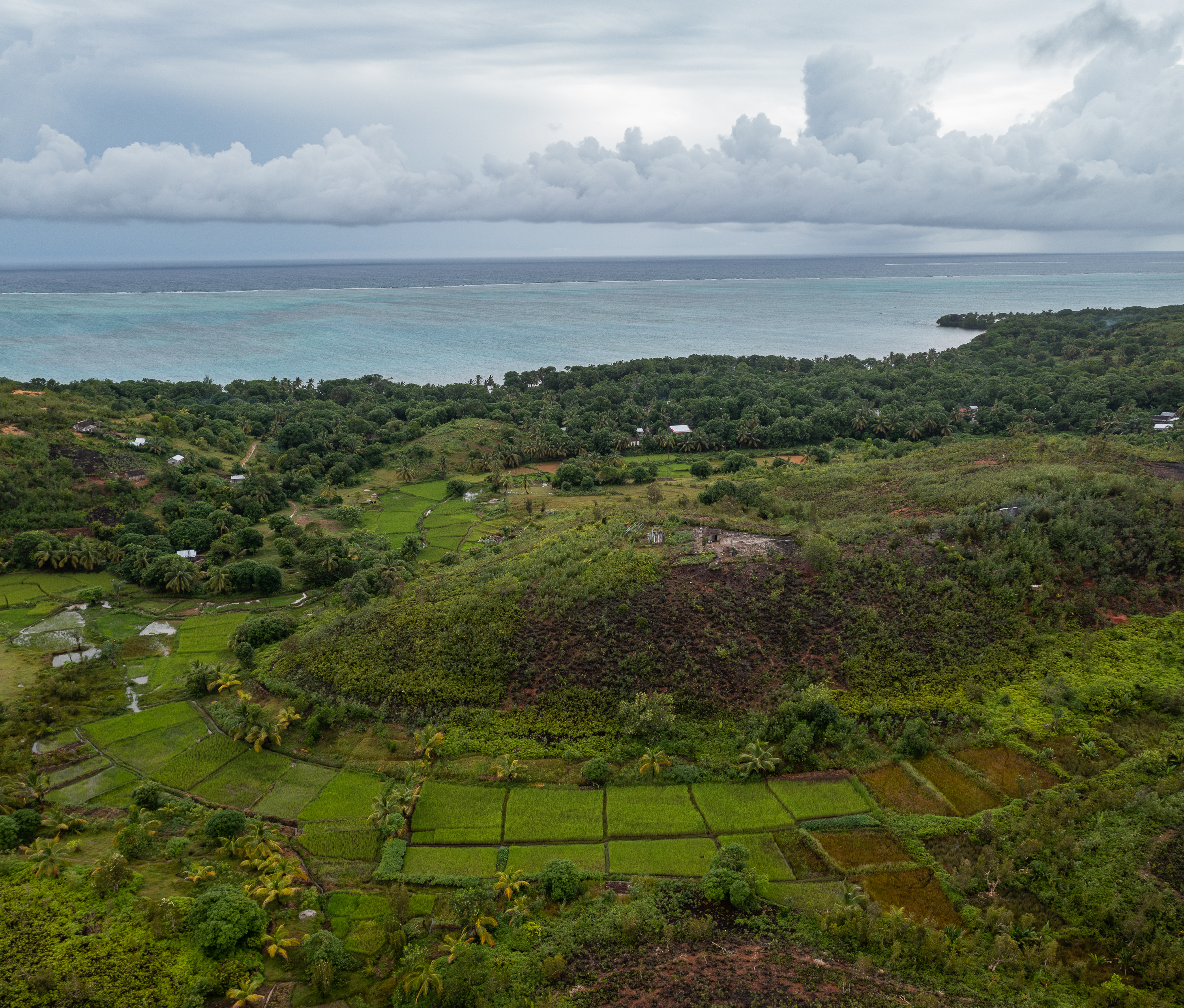
Romain Clercq-Roques is a participant in the 2022 Young Scientists Summer Program (YSSP) and a PhD student at the London School of Hygiene and Tropical Medicine. He is creating a model to link biodiversity and farming practices to solve the ongoing malnutrition crisis in Madagascar.
News of the drought-related food security crisis in southern Madagascar has circled the globe. However, many people do not know that Madagascar is also facing another, protracted crisis: the country has the third-highest rate of malnutrition and stunting of children in the world.
 © Romain Clercq-Roques
© Romain Clercq-Roques
Romain Clercq-Roques is participating in the 2022 IIASA Young Scientists Summer Program (YSSP), co-supervised by researchers in the Strategic Initiatives and the Biodiversity and Natural Resources programs. He is investigating the connection between Madagascar’s prolonged public health crisis and biodiversity loss.
As one of the world’s most biodiverse areas, Madagascar is home to many unique species that cannot be found anywhere else on the planet. However, agricultural expansion and deforestation are negatively impacting the country’s biodiversity. As more land is converted into food-producing areas, there is significant biodiversity loss both above-ground – from the constant deforestation and land-use intensification, which reduces tree cover on farms and habitat for useful species – and below-ground from soil degradation.
This summer at IIASA, Clercq-Roques is developing an agent-based model that shows the connection between agricultural expansion, biodiversity loss, and Madagascar’s nutrition crisis.
“It’s a global public health priority, because Madagascar is one of the countries with the highest prevalence of under-nutrition,” he explains. “With the scale of biodiversity loss that is happening right now, it is important to understand the consequences not only for conservation goals, but for human wellbeing and social outcomes. It must be a global priority to understand the consequences of the destruction of nature.”
 © Romain Clercq-Roques
© Romain Clercq-Roques
Clercq-Roques is a PhD student at the London School of Hygiene and Tropical Medicine and has a master’s in Public Health from Kings College London, and a master’s in International Law from Université Panthéon-Assas. He worked in Madagascar with the Red Cross, where he observed patterns of poverty and deforestation. He saw an opportunity to analyze this connection and create a model that can eventually be used in other countries that are experiencing malnutrition and deforestation. The model that he is developing at IIASA aims to synthesize scientific evidence and stakeholder experiential knowledge. The model is co-developed with diverse local stakeholders using participatory modeling through interviews, serious games, and workshops. He hopes that the model will help achieve a common understanding of the biodiversity-nutrition nexus in Madagascar and identify key levers and interventions that would co-benefit biodiversity and people’s wellbeing.
Before studying public health, Clercq-Roques worked as a lawyer specializing in the law of war. He studied diverse issues including nutrition and access to healthcare; and realized that he wanted to improve his scientific knowledge and research skills to do better work. After getting his master’s in Public Health, he realized that he wanted to improve his research skills further and do more than just humanitarian work, so he chose to continue his studies in a PhD program. His PhD is in Planetary Health, which he defines as “a system approach focusing on the connections between the health of ecosystems, other Earth systems, and that of humans”. He explains that researchers need to consider both spheres at the same time in order to solve environmental and health issues.
“There is no separation between them,” he says. “They need to be addressed together, as one issue.”
While IIASA usually develops large-scale global models, Clercq-Roques is working on a country-specific model that relies on the data that he has collected from farmers and stakeholders in Madagascar.
 © Romain Clercq-Roques
© Romain Clercq-Roques
“Madagascar is an ideal country to perform this research because it has smaller-scale systems,” he notes. “I already have an idea of how the system works, so now I am trying to formalize them in the model. Finding agro-ecological interventions that improve both the development of biodiversity in a location and agricultural and food system outputs is relevant everywhere, so I’m hoping that the results of my research can ultimately be useful globally.”
Clercq-Roques believes that the agent-based model will be successful because it is visual, so stakeholders can better understand the information and give feedback on how to improve the model. He is eager to collaborate with the many IIASA researchers who specialize in building agent-based models.
While there is already specific evidence that increasing agrobiodiversity improves agricultural outputs in low-income countries, a global and systems-scale understanding has not yet been developed. It is highly important to prioritize the future to adequately plan for climate change and food security in developing countries.
“We do not consider biodiversity loss enough and it is accelerating. It could have a really large destructive impact on human societies, so it is important that we address this problem as quickly as we can,” Clercq-Roques concludes.
Note: This article gives the views of the author, and not the position of the Nexus blog, nor of the International Institute for Applied Systems Analysis.